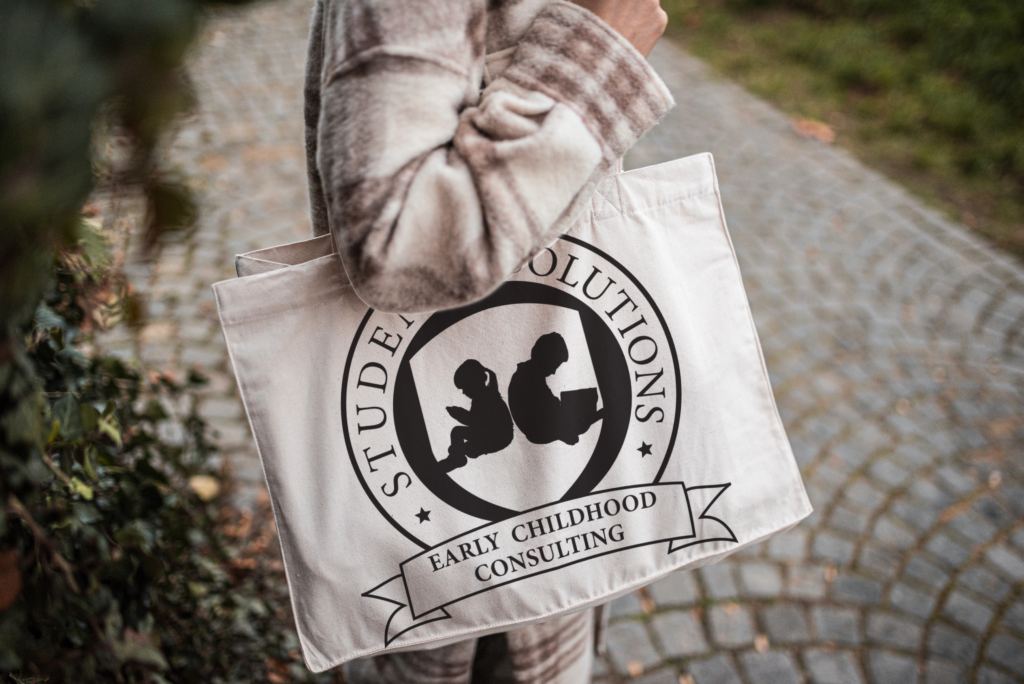At Student Solutions, we are committed to helping our scholars SOAR. We are committed to providing effective family training visits. Here are some valuable points we would like to share to make the most of your training visits.

Play is a fundamental aspect of child development that serves as a powerful tool during early intervention family training visits. Several reasons underscore the significance of incorporating play into these sessions, not only for the children but for the entire family. As the influential psychologist Lev Vygotsky once said, “In play, a child is always above his average age, above his daily behavior; in play, it is as though he were a head taller than himself.”


Play is a universal language that transcends age, language, and abilities. When early intervention professionals encourage play during family training visits, it allows children to engage with their caregivers in a joyful, non-threatening manner. This engagement forms a stronger emotional connection between the child and the family, promoting trust and bonding. This aligns with Vygotsky’s notion that through play, children can extend themselves beyond their usual capabilities, creating opportunities for connection and learning.
Play provides a natural and enjoyable context for learning. Early intervention often focuses on acquiring crucial skills and addressing developmental delays. When these activities are disguised as play, children are more likely to participate willingly and retain the information. Vygotsky’s observation that children are more capable during play than in everyday situations underscores how play can be a conduit for learning and skill development.


Play is a multi-dimensional activity that stimulates various facets of a child’s development, including cognitive, emotional, and social aspects. Early intervention must be comprehensive, addressing not only specific developmental issues but also promoting overall growth. Incorporating play aligns with Vygotsky’s belief that play helps children surpass their ordinary abilities, making it an ideal vehicle for holistic development.
Early intervention should involve the entire family in the child’s development. By incorporating play into training visits, caregivers are actively engaged and can learn alongside their child. This promotes a collaborative, supportive atmosphere within the family and ensures that the learning extends beyond the therapy sessions. Vygotsky emphasized the social nature of learning, highlighting that learning occurs through interaction with others.


Play can serve as a stress reliever for both the child and the family. It offers a break from the focus on challenges and creates moments of joy and relaxation. As Vygotsky suggests, play allows a child to be “above his daily behavior,” offering respite from the daily struggles associated with developmental issues.
In conclusion, incorporating play into early intervention family training visits is crucial for fostering engagement, facilitating learning, promoting holistic development, involving the entire family, and reducing stress. Vygotsky’s insights into the importance of play in a child’s development further support the rationale for this approach. Through play, early intervention professionals can create a nurturing and effective environment for children with developmental challenges and their families.

“Thanks to Student Solutions our scholar has made incredible progress. We are now confident in our ability to support their learning journey.”
“The support and guidance we received during family training visits were truly life-changing for our family. Our scholar is soaring!”

Our family training visits are designed to include caregivers in their scholar’s developmental journey, modeling strategies that align with a scholars daily routines.
Services are provided in the family’s home, the child’s early education and care program, the early intervention center or other community locations where the child and family spend time.
As a health and safety measure we begin our visits with hand washing, we wear masks when asked or necessary. Our team is equipped with cleaning cloths for toys and materials. We frequently use toys and materials that are already in the child’s home or environment.
After each family training visit, a summary sheet is provided and recommended strategies to try until the next visit.
Children between birth and five years of age who exhibit a developmental delay or are at risk for a developmental delay because of health or environmental conditions may be eligible for early intervention services
All services are free.
We are closer than you think!
Student Solutions serves multiple counties in South Carolina. Contact us and let’s get started!
864-327-9307
drtwhite@studentsolutionssc.com
©2023 Student Solutions. All Rights Reserved.